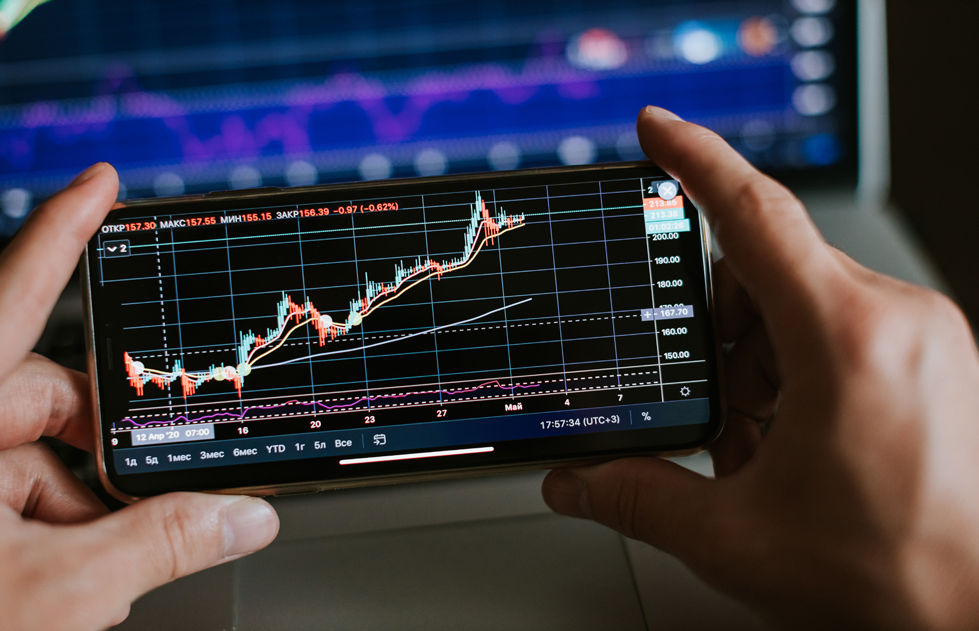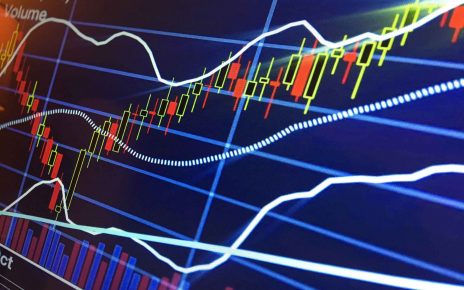- Powell stated that policymakers would “proceed carefully as they decide to tighten further.
- Weak business activity reports last week hurt both the euro and sterling.
- The morale among German firms declined more than anticipated in August.
The dollar held firm on Friday after Powell’s speech, putting pressure on currency futures. The Federal Reserve Chair Jerome Powell said the central bank may need to hike interest rates further to ensure inflation drops but promised to proceed “carefully” at upcoming meetings.
In a speech at a summit on the economy in Jackson Hole, Wyoming, Powell stated that policymakers would “proceed carefully as they decide whether to tighten further.” Still, he also clarified that the central bank has not yet determined that its benchmark interest rate is high enough to ensure that inflation returns to the 2% target.
The U.S. dollar index, which compares its value to six important rival currencies, was roughly unchanged after reaching its highest level since June 1 at 104.44.
The index gained 0.6% for the week and had its sixth consecutive week of increases. This is thanks to evidence of economic resilience that has strengthened the case for higher rates for longer.
According to Karl Schamotta, chief market strategist at Corpay in Toronto, “On the whole, this is a modestly less hawkish speech than markets had feared.”
According to strategists at BofA Global Research, “We remain confident in our call for one additional 25 bp hike in November and 75 bp of cuts next year, beginning in June and proceeding at a quarterly cadence.”
Meanwhile, weak business activity reports last week hurt both the euro and sterling, leading investors to reduce their forecasts on future rate increases in both the euro region and Britain.
The euro has been under pressure as ECB policymakers increasingly worry about weakening growth prospects.
While the issue is still up for discussion, there is growing support for a pause in the ECB’s interest rate increases, according to Reuters, which cited eight sources with direct knowledge of the discussion.
German Ifo Business Climate Index (Source: Trading Economics)
Data revealed that the mood among German firms declined more than anticipated in August. It fell for the fourth consecutive month, raising concerns that the economy may enter its second recession in a year.
The Japanese yen continued to be under pressure as traders looked for any indications that the government could step in to support the currency, as it did last year.




